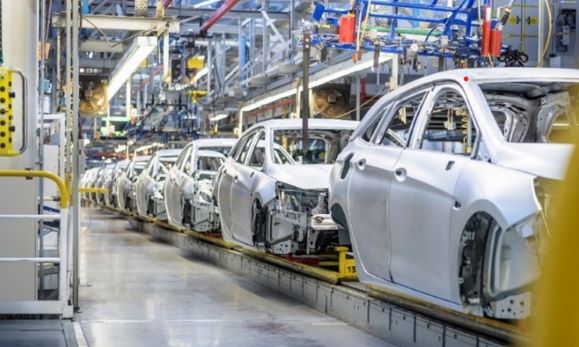The Pakistan Budget 2025–26 has introduced significant policy measures impacting the automobile industry. From new taxation structures to import restrictions, the sector faces both hurdles and potential growth opportunities.
Key Changes in the Budget:
- Higher Taxes on Non-Filers The government has imposed a strict ban on vehicle purchases for non-filers, aiming to boost tax compliance. Previously, non-filers could buy vehicles at higher tax rates, but now, they are completely barred. This move is expected to reduce demand, particularly in the used car market.
- Increased Import Duties on CBUs (Completely Built Units) To promote local manufacturing, the budget has raised import duties on fully assembled vehicles. This will make imported cars significantly more expensive, pushing consumers towards locally assembled models.
- Reduction in EV Duties In line with global trends, the budget has provided tax incentives for electric vehicles (EVs). Lower tariffs on EV imports and local production subsidies aim to accelerate Pakistan’s transition to clean energy.
- Sales Tax Adjustments for Automakers The General Sales Tax (GST) on vehicles has been revised, particularly affecting luxury models. High-end cars will now carry a higher tax burden, while smaller, fuel-efficient vehicles will see minor tax relief.
- Incentives for Hybrid & Small Cars The budget has introduced rebates for hybrid vehicle imports and local production. Additionally, small-engine cars (below 1000cc) will get tax concessions to make them more affordable for middle-class buyers.
Impact on the Auto Industry
- Local manufacturers like Toyota, Suzuki, and Honda are expected to see higher sales, especially in the affordable vehicle category.
- Luxury brands and CBUs will face price hikes, leading to a slowdown in high-end vehicle purchases.
- Used car dealers may suffer losses as restrictions on non-filers shrink their customer base.
- EV adoption could rise, benefiting companies investing in electric models.
Consumer market Response
While affordability for small cars improves, rising taxes and non-filer restrictions may reduce overall demand. Many buyers might delay vehicle purchases until market conditions stabilize.
Conclusion
Pakistan’s automobile sector is undergoing a transformation post-budget. The shift toward tax compliance, local manufacturing, and EV adoption presents long-term growth prospects, but short-term demand fluctuations are inevitable.
- Oxford University Press Pakistan Hosts School Leaders’ Conference to Empower Learners for Impact
- SPOTIFY AND FC BARCELONA PRESS ‘PLAY’ ON ED SHEERAN FOR EL CLÁSICO TAKEOVER
- FPCCI Pushes for Income Tax Deadline Extension Amid Filing Challenges
- PTCL announces maintenance on submarine cable
- Spotify names Samar Jafri as RADAR Pakistan Artist for Q4 2025















